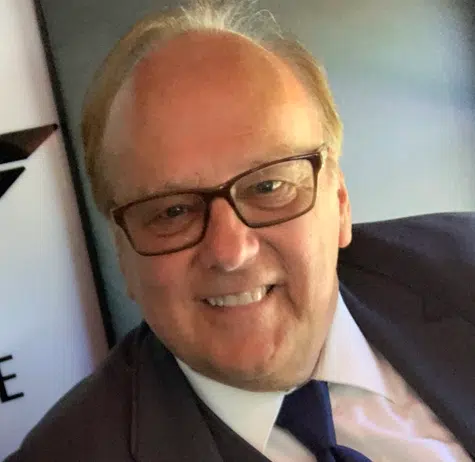LONDON (Reuters) – Britain will be able to trade with its European neighbours and keep control of its laws and destiny, Prime Minister Boris Johnson will say on Wednesday before lawmakers vote on the Brexit deal he clinched at the eleventh hour.
The accord struck on Dec. 24 preserves Britain’s zero-tariff and zero-quota access to the European Union’s 450 million consumers, preventing the chaotic split business had feared.
But it does not cover services, which make up 80% of the British economy, and trade in goods will still be hampered by red tape and higher costs.
Johnson, however, will say the deal resets Britain’s relationship with its neighbours, ending its “half-hearted” membership of the European club and instead becoming a sovereign equal able to do things differently.
“Those of us who campaigned for Britain to leave the EU never sought a rupture with our closest neighbours,” he will say according to excerpts released by his office.
“What we sought was not a rupture but a resolution, a resolution of the old and vexed question of Britain’s political relations with Europe, which bedevilled our post-War history.”
The deal, agreed more than four years after Britain narrowly voted to leave the bloc and as the clock ticked down on standstill arrangements, will open a new chapter, he will say.
“Now, with this Bill, we shall be a friendly neighbour – the best friend and ally the EU could have – working hand-in-glove whenever our values and interests coincide while fulfilling the sovereign wish of the British people to live under their own laws, made by their own elected Parliament,” he will say.
The Brexit hardliners in Johnson’s party agreed on Tuesday to back the deal, in effect guaranteeing its endorsement just a day before transition arrangements expire.
It was already set to become law after the opposition Labour Party said it would vote in favour.
(Reporting by Paul Sandle; editing by David Evans)


